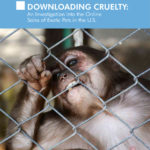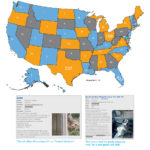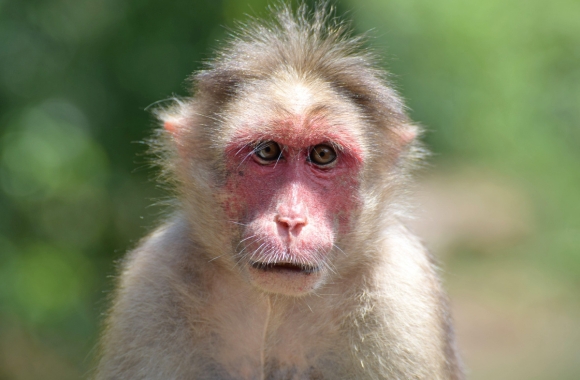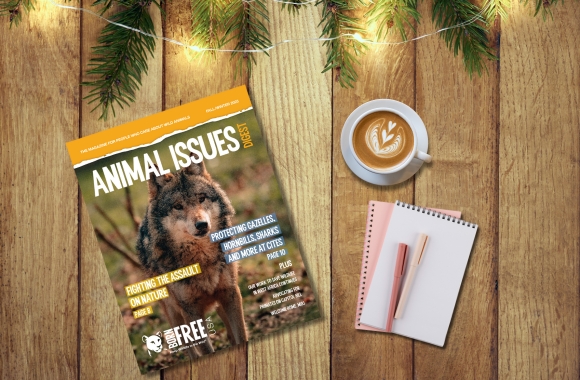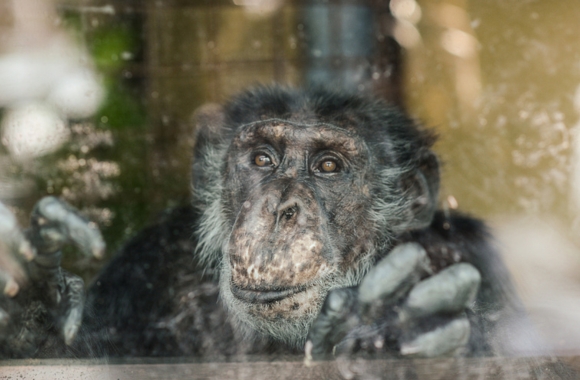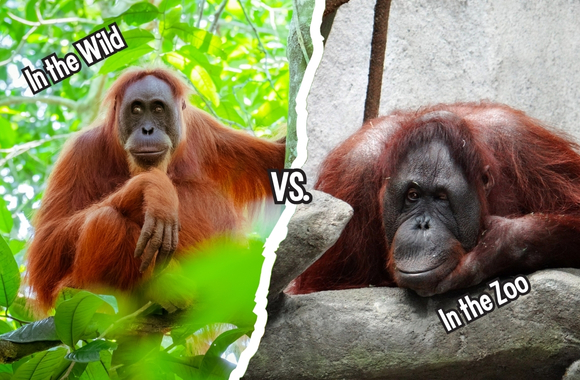Downloading Cruelty: An Investigation into the Online Sales of Exotic Pets in the U.S. (2016)
While the majority of the approximately 80 million pet-owning households in the U.S. have a dog or cat, a growing portion now own an exotic animal. It is extremely easy to purchase exotic animals, and the rise of online sales has given untrained people greater access to these dangerous species.
Downloading Cruelty: An Investigation into the Online Sales of Exotic Pets in the U.S. provides an overview and analysis of the volume of online exotic pet sales domestically. Downloading Cruelty reviews nearly 2,000 online classified ads during a three-month period (March – June 2016) across four different websites (exoticanimalsforsale.com, hoobly.com, usfreeads.com, and petzlover.com).
In light of the findings detailed in Downloading Cruelty, Born Free USA recommends greater accountability by the classified ad websites, and stronger state and federal laws to crack down on the online exotic pet trade.
Main Findings
High volume.
The volume of advertised animals is shocking. At least 3,706 individual exotic animals were listed for sale over three months.
Widespread across the U.S.
The exotic pet trade is taking place across the nation and crisscrosses state lines. The locations of the ads showed sellers in 49 states and Washington, D.C.
Many species are offered for sale.
The breakdown of species for sale reveals a thriving trade in highly diverse species: 603 primates, 335 exotic cats, 439 canids, 263 snakes, and many others were for sale.<?p>
Baby animals sold for profit.
Exotic pet breeders churn out baby animals for profit. Juvenile animals (under one year of age) were the most popular, with 2,039 (55% of the total animals) listed for sale.
Lack of appropriate care.
Advice on animal care and welfare was almost entirely lacking. Most ads did not provide any history of the animal, give information about the animal’s health or behavior, or offer any instructions for care.
Welfare of animals is not a priority.
The welfare of most animals advertised was not a priority. Some individuals for sale were kept in isolation or were reported as being injured. Ads also offered animals as “swaps” or “quick sales.”
Safety is not a priority.
Safety was overlooked by the sellers. Despite all of these animals being unsuitable for a home, and most posing a potential danger to humans, only nine ads warned that the animal could pose any sort of risk to the buyer.
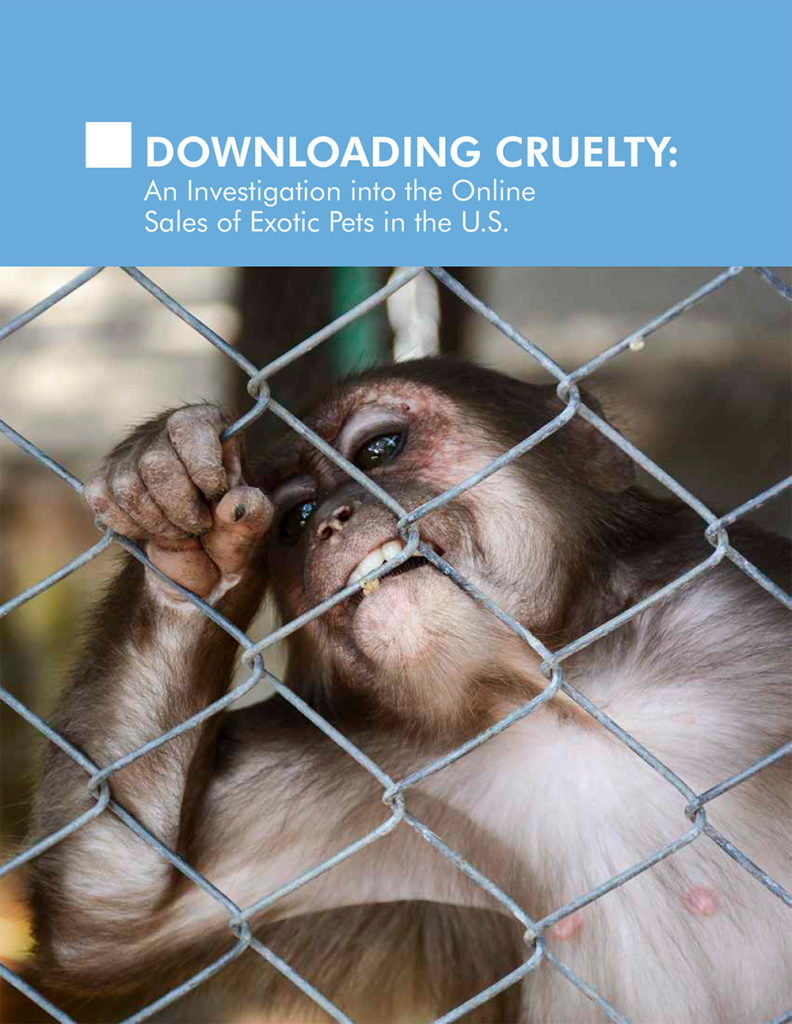
Latest News and Work
November 04, 2025
